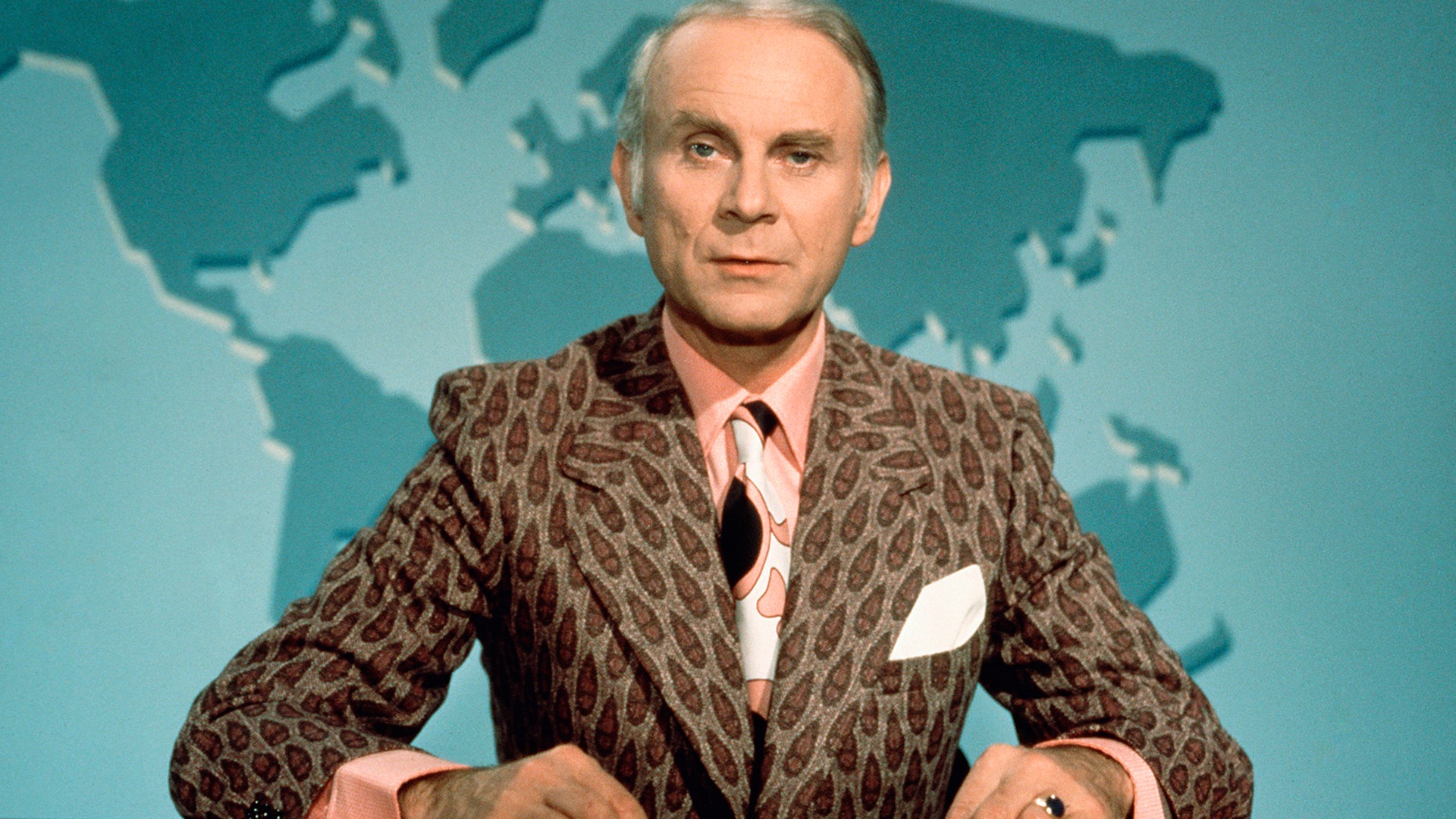Are Germans Funny? Understanding Humor in German Culture
- Are Germans Funny? Understanding Humor in German Culture
- Are Germans Funny? The Reality Behind the German Stereotype
- Types of German Jokes That Make Germans Laugh
- Popular German Jokes: Examples to Illustrate the Humor
- Famous German Comedians: Who Makes Germans Laugh?
- Humor in German Life: How Germans Joke Daily
- The Influence of Historical Context on German Humor
- So Are Germans Funny or Not?
When you think of Germany, you might picture efficiency, precision, and a serious demeanor. But what about humor? Are Germans funny? For many, the answer might be surprising.
While German humor might not align with stereotypes of countries known for their comedic flair, it is unique and multifaceted. Like any culture, Germany has its own distinct sense of humor, shaped by language, history, and regional differences.
In this article, we’ll explore the German sense of humor, different types of German jokes, and why the question “Are Germans funny?” might stem from cultural misunderstandings.
Are Germans Funny? The Reality Behind the German Stereotype
There’s a persistent stereotype that Germans lack a sense of humor. This notion is popular in many countries, particularly in English-speaking ones. However, this stereotype doesn’t hold up when you explore humor in German culture more deeply. In reality, Germans enjoy a wide variety of humor, though it may differ from what foreigners expect.
German Humor: Dry, Sarcastic, and Subtle
The German sense of humor often leans toward the dry, sarcastic, and clever. It’s not uncommon for Germans to tell jokes with a completely straight face, leaving the listener unsure at first whether a joke has been made. This form of humor, sometimes described as “deadpan,” can feel understated compared to the more exaggerated styles of comedy that are popular in some other cultures.
- Dry humor: Germans enjoy wit that plays off the absurdity of situations or contradictions in daily life.
- Sarcasm: Sarcastic remarks are a staple, though they are often delivered with subtlety that can be lost if you’re not familiar with the language.
Another reason some may perceive Germans as less humorous is that German jokes can rely heavily on language nuances, puns, and wordplay. If you’re not a fluent German speaker, these jokes might be harder to grasp, but they are appreciated by native speakers for their cleverness.
Types of German Jokes That Make Germans Laugh
Like any country, Germany has its own style of humor and types of jokes that resonate with the population. Understanding these jokes is key to getting a sense of how Germans laugh and what they find funny.
Wordplay and Linguistic Humor
German humor often involves witty wordplay, taking advantage of the German language’s structure and its ability to create long compound words. Puns and plays on words are common forms of humor, especially because German grammar allows for many creative and humorous combinations.
- Example of wordplay: A classic German joke might be: “Was ist ein Keks unter einem Baum? Ein schattiges Plätzchen.” (What is a cookie under a tree? A shady place.) This joke relies on the double meaning of “schattiges Plätzchen,” which can refer both to a physical shady spot and a pun on “Plätzchen,” which means “cookie.”
Slapstick Humor
Physical comedy, or slapstick, is also popular in German humor, particularly in television and film. Shows like “Dinner for One,” which is shown every New Year’s Eve in Germany, are beloved for their physical comedy and ridiculous scenarios.
- Schadenfreude: This famous German term, which means “joy in the misfortune of others,” plays into the slapstick humor that involves watching people deal with absurd or unfortunate situations, but in a way that feels harmless and amusing.
Satire and Political Humor
Satirical humor is another key element of the German sense of humor. Germans are not afraid to poke fun at their political system, leaders, or societal norms. This can be seen in the many satirical television programs and comedians who focus on current events, politics, and societal critiques. Shows like heute-show and extra 3 are popular for their biting political satire, akin to The Daily Show in the United States.
Popular German Jokes: Examples to Illustrate the Humor
To give you a better sense of what Germans find funny, here are a few examples of typical German jokes:
- “Warum können Geister so schlecht lügen? Weil man durch sie hindurchsehen kann!” (Why are ghosts so bad at lying? Because you can see right through them!) This joke highlights the love of wordplay that can be found in German humor.
- “Was macht ein Pirat am Computer? Er drückt die Enter-Taste!” (What does a pirate do on the computer? He hits the enter key!) This joke combines a pun with the classic pirate theme, appealing to a broad audience.
- “Ich kann nicht so gut kochen, aber meine Speisen sind immer gut gewürzt: mit einer Prise Sarkasmus.” (I can’t cook very well, but my dishes are always well-seasoned: with a pinch of sarcasm.) This self-deprecating humor reflects a typical German trait of acknowledging one’s shortcomings with wit.
Famous German Comedians: Who Makes Germans Laugh?
To understand the humor landscape in Germany, it’s important to recognize some of the country’s most beloved comedians, who bring various styles of humor to the stage and screen.

Loriot
Loriot, whose real name was Vicco von Bülow, is considered one of the greatest German comedians. His unique style combined satire, absurdity, and clever observations about everyday life. His sketches often depicted the quirks of German society and family life, making him a household name. He used humor to explore the intricacies of human relationships, often highlighting the absurdities that arise in social situations.
Otto Waalkes
Another iconic figure in German comedy is Otto Waalkes, known for his slapstick humor, music, and playful antics. His character-driven sketches and humorous songs have entertained generations of Germans. Otto’s shows combine elements of physical comedy with clever wordplay, making him a beloved figure in the world of German humor. His animated films and characters have also contributed to his popularity, showcasing a blend of visual and verbal humor.
Michael Mittermeier
Michael Mittermeier is a contemporary stand-up comedian who has gained significant popularity in recent years. Known for his observational humor and witty social commentary, Mittermeier often addresses topics relevant to German life and culture, bridging the gap between traditional and modern comedy. His energetic performances and relatable anecdotes resonate with a wide audience, making him a household name in Germany.
Carolin Kebekus
Carolin Kebekus is one of the leading female comedians in Germany, known for her sharp wit and bold humor. She often tackles societal norms and gender issues in her comedy, making her a refreshing voice in the German comedy scene. Her shows resonate with younger audiences and have helped bring a new perspective to German humor. Kebekus uses her platform to address serious topics with humor, sparking discussions while entertaining her audience.
Humor in German Life: How Germans Joke Daily
Humor is not confined to the stage or screen in Germany; it permeates everyday life. Understanding how humor plays out in daily interactions can give you a clearer picture of German culture.
Humor at Work
In professional settings, humor can be a great icebreaker. Germans often use humor to lighten the mood during meetings or discussions, though it tends to be more subtle and appropriate for the setting. Colleagues might share lighthearted jokes or engage in witty banter to foster camaraderie and relieve stress.
- Example: A colleague might jokingly refer to an overly complicated project as “our next mission to Mars” to add humor to a challenging situation.
Casual Conversations
In social settings, Germans enjoy exchanging jokes and light-hearted stories. Casual gatherings among friends often feature humorous anecdotes and clever observations about everyday life. The humor tends to be more straightforward, with people appreciating jokes that resonate with shared experiences.
- Example: During a barbecue, a friend might jokingly comment on someone’s burnt sausages, saying, “Ah, we were just trying to achieve that perfect charcoal flavor!”
Family Gatherings
Family gatherings are also ripe for humor, where playful teasing and jokes about family quirks are common. Germans often share light-hearted stories about their childhood or family dynamics, adding a humorous touch to family traditions and celebrations.
- Example: At a family event, someone might share a funny story about a childhood mishap, prompting laughter and playful teasing among relatives.
The Influence of Historical Context on German Humor
To fully appreciate the nuances of German humor, it’s essential to consider the historical context in which it developed. Germany has a complex history, marked by significant events that have influenced its cultural landscape and sense of humor.
Humor as a Coping Mechanism
Throughout history, humor has often served as a coping mechanism for Germans. From the aftermath of World War II to the reunification of East and West Germany, humor has provided a way to process trauma and navigate societal changes. Many comedians and writers use humor to address serious topics, providing commentary while offering a humorous perspective on challenging situations.
- Example: Comedians often tackle subjects related to Germany’s past, using satire to provoke thought while entertaining their audience.
The Role of Irony in German Humor
Irony plays a significant role in German humor, often reflecting the complexities of life. The ability to find humor in difficult situations demonstrates resilience and a unique outlook on life. This irony can sometimes be misinterpreted by those unfamiliar with the cultural context, but it underscores the depth of German humor.
So Are Germans Funny or Not?
Absolutely—but in their own way! While German humor may not always align with the broad comedic styles seen in other countries, it is witty, dry, and often intellectual. For foreigners, the key to understanding German humor is recognizing its subtlety, clever wordplay, and deep-rooted cultural references. By embracing the nuances and watching German comedy unfold, you’ll come to see that Germans have a unique and often underappreciated sense of humor.
Whether it’s engaging in clever wordplay, enjoying slapstick moments, or appreciating satire, humor is very much alive in Germany. So the next time you wonder, “Are Germans funny?” remember that humor exists in many forms, and the German sense of humor has its own charm waiting to be discovered.
How informative was this article?
Click on a star to rate it!
We are sorry that this post was not useful for you!
Let us improve this post!
What is missing in the article?















